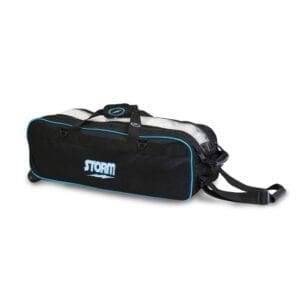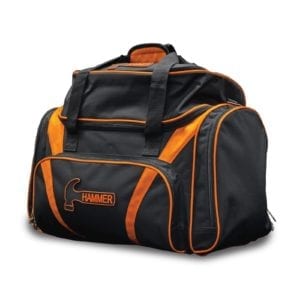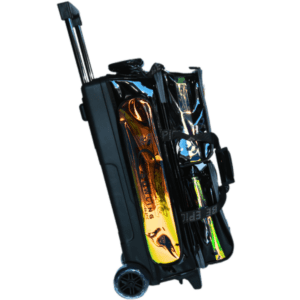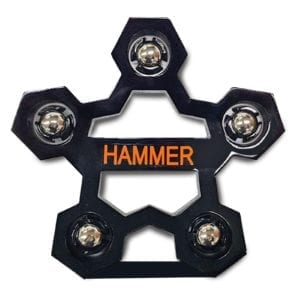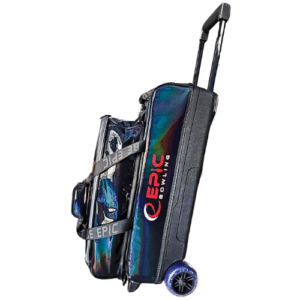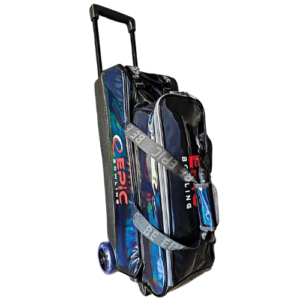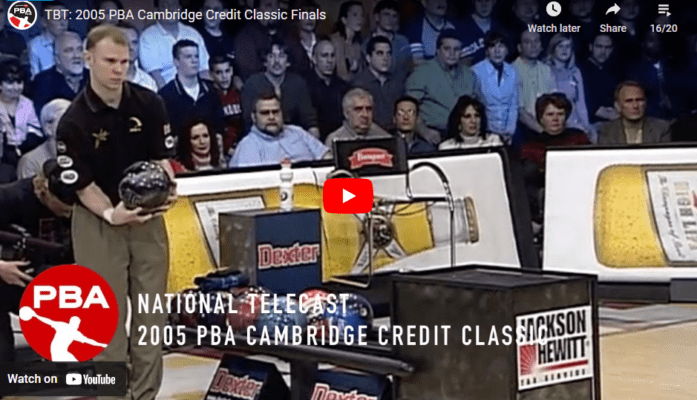Bowling News
Local lawmakers to voice support of bowling alley reopenings

MALONE — Bowling centers around the state are still looking for guidance on reopening, and several local lawmakers will be lending their voices in support of the businesses today.
State Sen. Betty Little (R-Queensbury), Assembly members D. Billy Jones (D-Chateaugay Lake) and Dan Stec (R-Queensbury) and Malone Village Mayor Andrea Dumas are all set to appear at Lucky Strike Lanes at 11 a.m. to discuss the centers reopening.
The owner of Lucky Strike Lanes, Scott McLaughlin, said that the alley has been closed since March 16 in the wake of the COVID-19 pandemic.
He had thought that bowling centers would be included in Phase 4 of the North Country’s reopening, and is frustrated in the silence that he says has been coming from Albany.
“We were set to open (July 1); 48 hours before that happened, Governor (Andrew) Cuomo decided that bowling centers, gyms, malls and movie theaters weren’t included,” McLaughlin said. “We’ve been given no timetable, no directions, no guidelines.”
PINS TO ALBANY
To help raise awareness in the face of the silence he has been getting from Albany, McLaughlin has started a unique campaign: mailing bowling pins.
He is leaving pins in a box at the front entrance of Lucky Strike Lanes for any interested parties to come take, write a message in support of reopening bowling alleys on, and send to Governor Andrew Cuomo’s office.
Since Friday, McLaughlin has given out about 40 pins, he said, and mailed one himself.
PRECAUTIONS
The center has had plenty of time to clean since closing in March, Laughlin said.
“There’s literally nothing else we could clean in this building.”
On top of that, they have hand sanitizer to hand out, hand sanitizer stations and masks to hand out, he said, and will sanitize shoes, house bowling balls, and lane table and seating areas before and after each use.
They also plan to use every other lane to help with social distancing.
“I have 16,000 square feet here,” McLaughlin said. “You go into a bar, which is much smaller, and they can be open.”
TIMELINE
More than anything, bowling center owners just want some idea of a timeline, McLaughlin said.
“Give us a date, give us what we got to do, and we’ll make it work,” McLaughlin said. “We’re ready to go. If strip clubs can open right now, and bowling centers can’t, then there’s a problem.”
And if that timeline doesn’t allow for bowling centers around the state to open in time for fall leagues, McLaughlin was unsure of how many smaller alleys will stay afloat.
“If we can’t floor fall leagues, there’s going to be a seriously problem with 300 small businesses in New York State,” McLaughlin said. “If we can’t open soon, they’re going to start dropping like flies.”
SOUTH PORTLAND, Maine — At 7:00 o’clock on a Friday evening in early June, Rob Nixon and a small band of actors and filmmakers received a shortlist of what they would have to include in the movie they were about to start writing.
First, it had to fit in a certain genre, which was described not as comedy or drama or romance but as “fish out of water.” The other elements that would have to be incorporated into the movie included a character, a line of dialogue, and a prop—in this case, a light bulb. And with that, the team from Maine was free to start making a short film, with the only other requirement being that it had to be finished by 7:00 p.m. on Sunday.
Sound a little crazy? Sure, but that’s half the fun of participating in the 48 Hour Global Film Challenge. Roughly 350 teams from around the world competed—Nixon’s was the only one from Maine—and what every entrant had to do was write, shoot, edit and score a short movie within that absurdly tight 48-hour window. “I’ve done a few of these [48 Hour competitions],” says Nixon, who directed this picture. “And there is nothing better in terms of learning filmmaking than putting yourself in that situation. It’s film school in a weekend.”
Before they had any notion of what story they’d tell, Nixon and his cast and crew did know one thing for certain: They’d shoot their film at Yankee Lanes bowling alley in Brunswick, which was shut down because of the pandemic. “You never get a bowling alley where there’s no one around,” Nixon says, sounding as though he still can’t quite believe their good fortune. “It’s a tough place to film if it’s open because all the balls are cracking and it’s hard to hear. So we had basically an incredible studio to film at.”
The movie that came out of those two days of frenzied writing and shooting and editing is called “Wrong Lanes,” and it went on to collect a bunch of awards in the Boston chapter of the 48 Hour Film Challenge, including best director, best actor, best editor, best cinematography and best film. The whole experience was so much fun for the cast and crew, whom you could count on both hands, that they’re now working on another, longer movie, one they hope to shoot in rural Maine this fall. And given their experience from that weekend in June, here’s something you can bet on: they’ll shoot quickly.




















